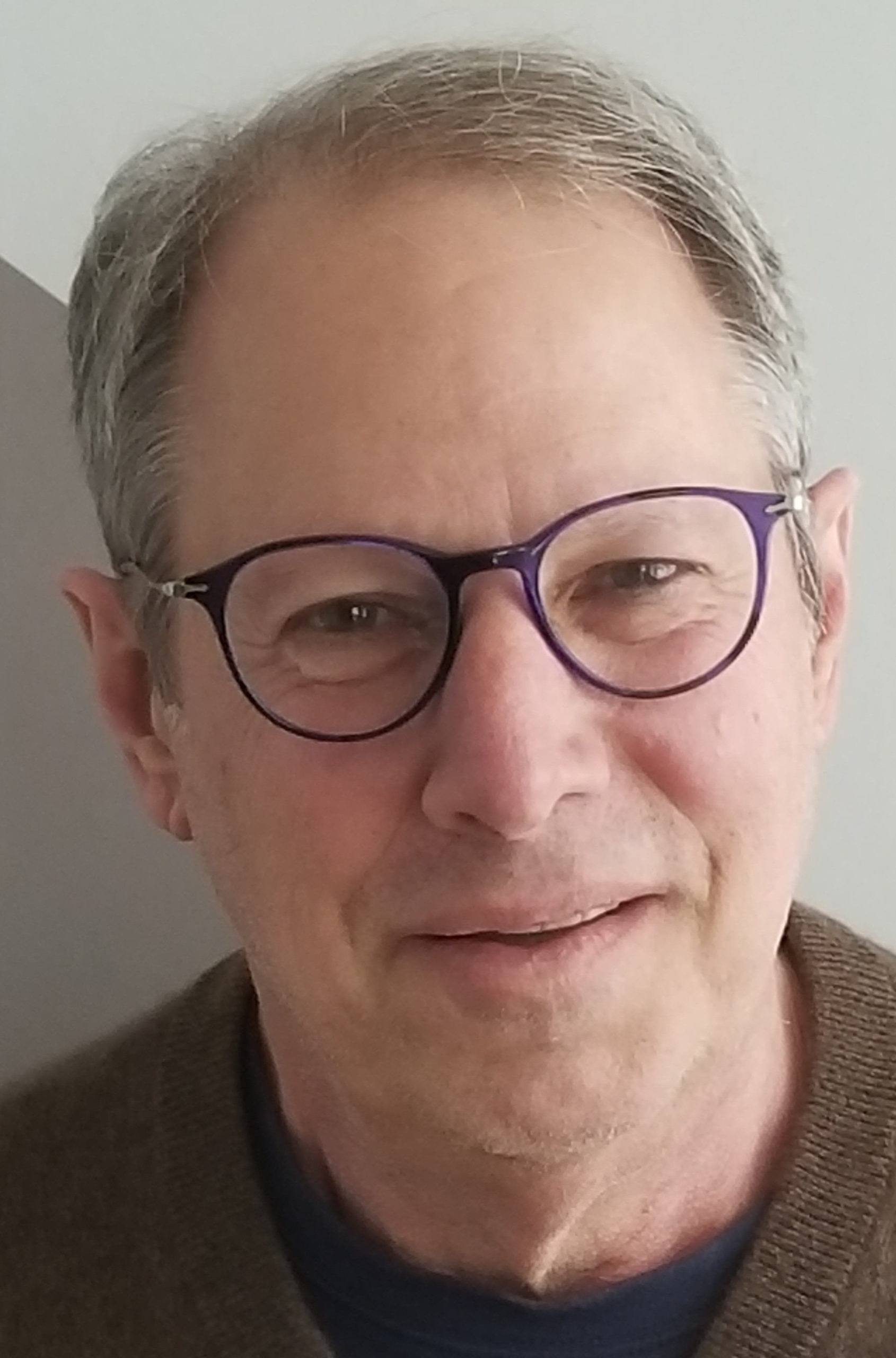What is the relationship between religion, medicine, and justice? In her memoir Dr. Qanta Ahmed describes the two years she spent practicing pulmonology in Saudi Arabia, where she was required to observe the same laws as Saudi women, and her adjustment to these rules while practicing medicine. As a Muslim doctor who studied in Britain and the US, Dr. Ahmed discovered the often-hidden realities of life for women in a Saudi Arabian city and rediscovered her own spirituality. She faced many limitations in her personal life under Saudi law but new opportunities as a physician. Dr. Ahmed describes the contradictions of treating women patients whose faces are required to be covered at all times during pulmonary procedures. Working with female and male physicians in an otherwise gender-segregated society challenged her professional values and beliefs. She sees the benefits that she and her fellow women doctors bring to medicine in this environment. She goes on a religious journey of her own. Caring for “invisible women” and living under the same laws, Dr. Ahmed discovered a new power in her ability to heal patients. As medical students, many of us are religious but are not given a context for religion in medical practice. This book will help you understand the role that physicians take in balancing religion and medicine.
As a premed student, reading a book is a valuable opportunity to take a break from the stresses of all your activities. As you already know, medicine is not always simple and satisfactory and has not always been so in the past. These books will help you learn more and prepare to become a better physician. A lot of these topics are not taught in medical school. But the topics in these books such as the history of medicine, challenges you will face, and importance of being an advocate for your patients are all essential to becoming a good physician.


